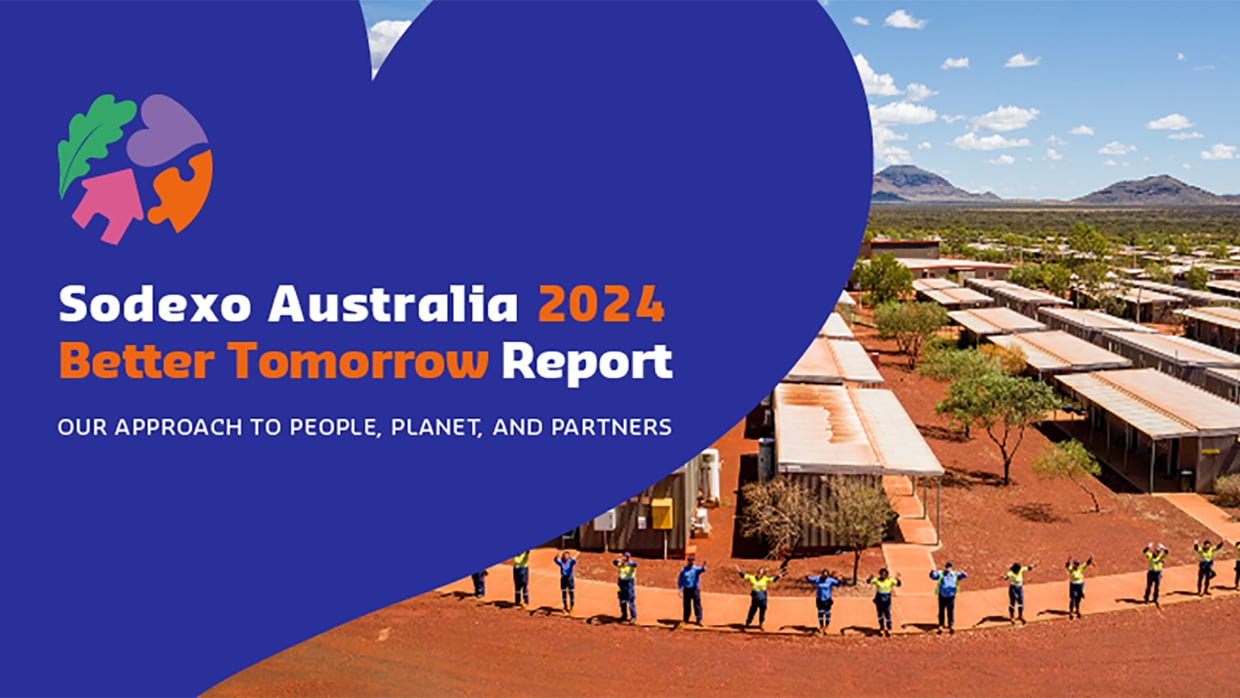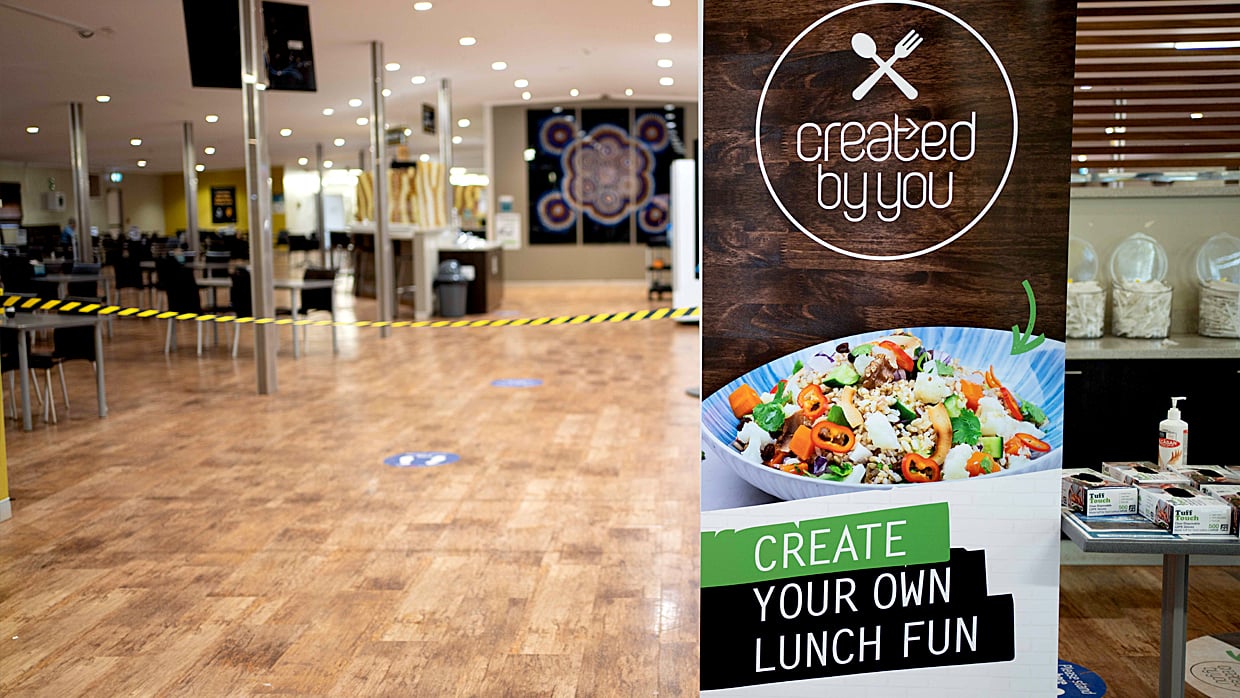
Inspired Thinking
Blogs

The recipe for a psychologically safe and healthy workplace culture
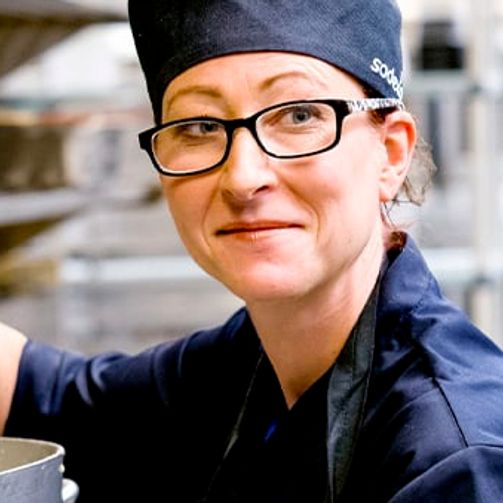
Taking a Stand: Sodexo's Commitment to End Gender-Based Violence
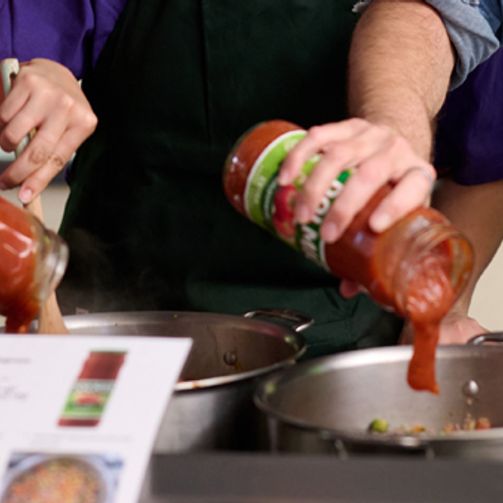
Taking action to fight the nation’s growing food insecurity
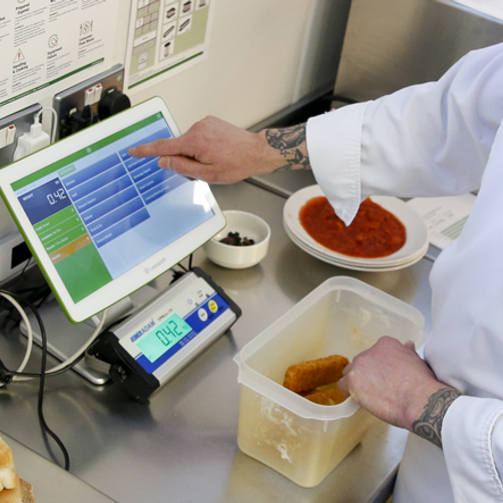
Our hunger to end food waste in our operations
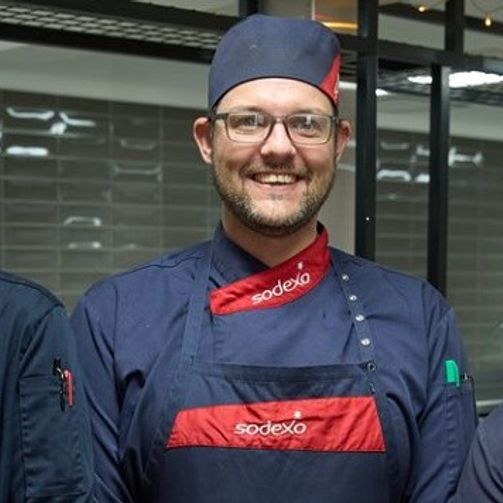
How to source talent from an empty pool

